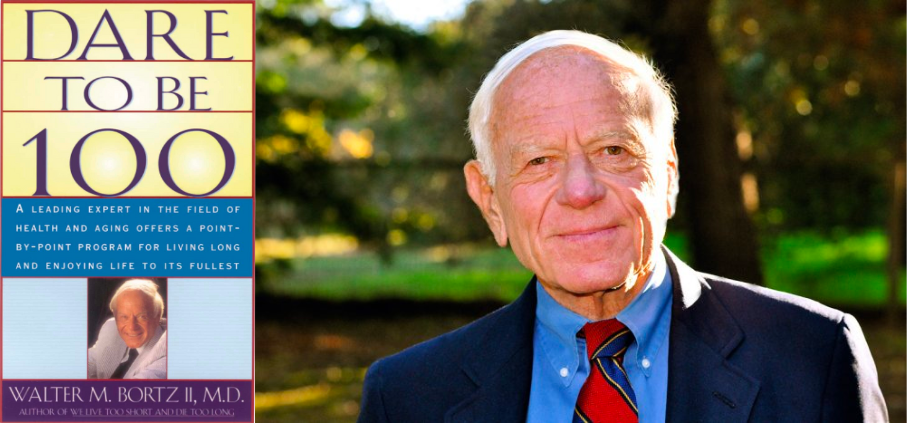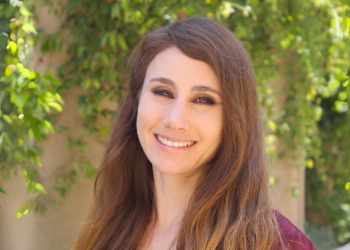Remembering Dr. Walter Bortz, the Grandfather of Lifestyle Medicine

“Living longer is active, not passive. You create your own destiny.”
These are the wise words of Dr. Walter Bortz II, the former Stanford professor and physician whose pioneering work laid the foundation upon which our Lifestyle Medicine Program now stands. After 93 years, filled with groundbreaking research, influential books, and inspiring athletic achievements, Dr. Bortz peacefully passed away on August 5th.
“Dr. Bortz is considered the grandfather of lifestyle medicine and was a great mentor for me,” says Michael Fredericson, MD, Director of Stanford Lifestyle Medicine. “He was way before his time and was promoting lifestyle medicine principles to his patients and the greater community before anyone else.”
As one of America’s most distinguished scientific experts on aging and longevity, Dr. Bortz devoted his life to reshaping our perspective on aging and health. He boldly challenged the conventional belief that growing older inevitably leads to frailty and decline, asserting that aging should be regarded as a treatable condition largely caused by disuse. By understanding aging in this way, he advocates for a more proactive approach to maintaining lifelong health and vitality through regular exercise. Practicing what he preached, Dr. Bortz was an avid runner who completed 45 marathons across the world, including the 2013 Boston Marathon at the age of 83.
His work continues to inspire countless individuals to take charge of their well-being and recognize that they have the power to shape both the quality and duration of their lives. Dr. Bortz wrote several books on this topic, including We Live Too Short and Die Too Long, Dare to be 100, The Roadmap to 100, Living Longer for Dummies, Next Medicine, and Occupy Medicine.
“He was my best friend, best man and best expert on how quality of life trumps quantity of life, and health span is far more important than life span,” said attorney Jack Russo, who was Dr. Bortz’s next-door neighbor, running buddy, and co-advisor to the Stanford Lifestyle Medicine program. “If his philosophy is adopted worldwide, the medical profession will be transformed, as will all of us.”
Click to read more about the life chronology of Dr. Walter Bortz II






















